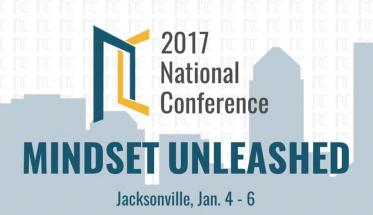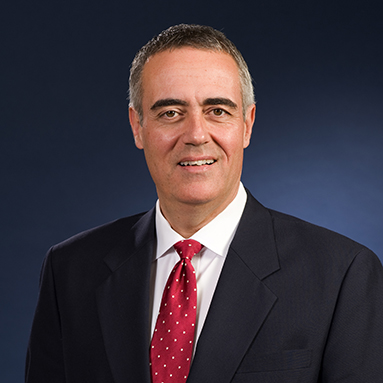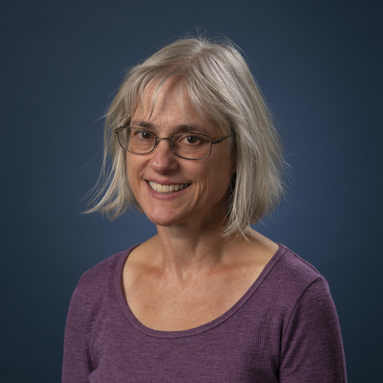Nearly 20 WPI faculty members are heading to the 2017 KEEN Conference “Mindset Unleashed” in Jacksonville, Fla. this week to discuss incorporating entrepreneurial mindset into an engineering education.
Entrepreneurial mindset is nothing new to WPI students or faculty, but the conference highlights the challenges and successes of incorporating this traditionally business-minded approach into an educational curriculum. President Leshin and WPI trustee James Baum ’86 are giving the conference’s keynote address and four faculty members are leading presentations.
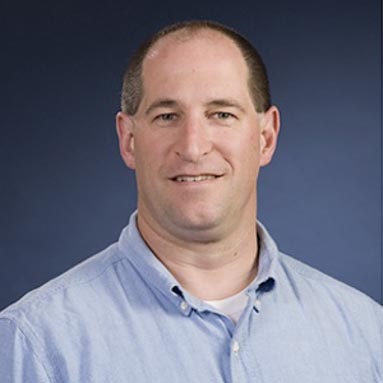
Glenn Gaudette
Glenn Gaudette, professor of biomedical engineering and recipient of KEEN’s 2015 Outstanding Faculty of the Year award, says integrating entrepreneurial mindset into more courses at WPI is a logical progression. “We are building on the project-based learning we already have,” he says. “This is a natural fit to take to the next level and give the students the most they can possibly get out of their education.”
KEEN (Kern Entrepreneurial Engineering Network) is part of the Kern Family Foundation and is a nationwide partnership of universities and faculty that are incorporating an entrepreneurial mindset into the engineering curriculum with a focus on curiosity, connections, and creating value. According to the Kern Family Foundation website, the partners are “dedicated to graduating engineers with an entrepreneurial mindset so they can create personal, economic, and societal value through a lifetime of meaningful work.”
More than 40 years ago, WPI officially adopted the twin pillars of theory and practice to give students an education that provides them with both knowledge and the hands-on experience to go out and use it. Bringing the entrepreneurial mindset angle to more than project-based courses is the next goal.
“We are building on the project-based learning we already have. This is a natural fit to take to the next level and give the students the most they can possibly get out of their education.” -Glenn Gaudette
As WPI’s professor of practice in innovation and entrepreneurship, Curtis Abel says introducing entrepreneurial mindset ideas into coursework is more than teaching a how-to process, and actually involves changing the culture of how entrepreneurship is viewed.

Curtis Abel
Because entrepreneurial mindset learning involves everyone from faculty to students to alumni and requires a new way of thinking, Abel’s role on campus is to integrate it into WPI’s culture. He works with faculty to develop curriculum and creative delivery approaches to inspire students with entrepreneurial mindset learning. He also works with students in extracurricular activities to drive change and reinforce the approach, he says.
All WPI students complete both the MQP and the IQP, which often gives them what is referred to as an entrepreneurial mindset learning experience, says Gaudette. He and Rick Vaz, director of the Center for Project-Based Learning, will discuss those ideas in their workshop, “Using Project Based Learning to Foster Entrepreneurial Mindset.”
Vaz says the heart of project work at WPI considers the opportunity to create value. Because so many of the projects are authentic, meaning they are generally based on an external need (from an external organization, for example), they must be innovative and deliver value.
Entrepreneurship is often associated with starting a new business, says Vaz, but fundamentally it is about bringing value to a situation. The WPI Plan focuses on adding not just engineering and scientific value, but also a societal value. “I would argue that [entrepreneurial thinking] has always been there,” he says. “We are just talking about it explicitly and thinking about it intentionally.”
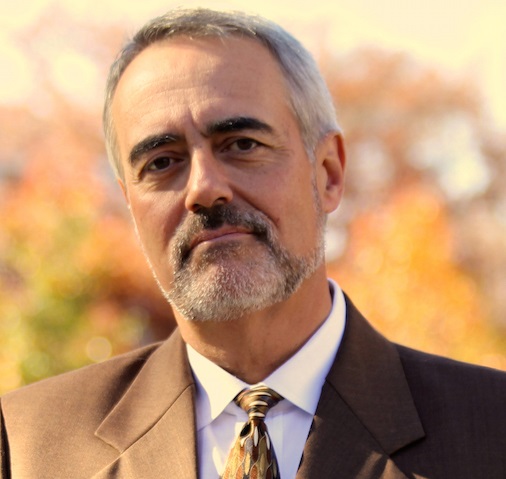
Rick Vaz
Abel, who is co-leading a KEEN conference workshop on how to make co-teaching and integrative learning work with humanities and arts department head Kris Boudreau, agrees. “Entrepreneurial mindset is not just for the engineers,” Abel says. “It’s a way of life and an approach to solving problems. A problem isn’t a problem—it’s an opportunity to create value,” says Abel. “This requires a shift in mindset by gaining insight into stakeholder needs through integrative learning and having fire in the belly to deliver. The secret sauce to co-teaching this is in the faculty relationships – no one succeeds unless we all succeed. When students see a diversity of faculty walking the talk together in a fun way, this creates magical moments with our students as they are inspired by their learning experience.”
WPI students have taken to the added entrepreneurial mindset work. “To me, the most exciting part of this is to deliver this to students and to see on their faces how they get it and enjoy it,” says Gaudette.
Vaz notes this kind of approach brings a broader view so students can see the application of their work and therefore understand its larger impact on the world. And Abel believes that grasping the tenets of entrepreneurial mindset learning has wide effects. “It applies to every decision you make in life,” he says, “from a career decision to your free time, finances, and your social life.”
Gaudette says integrating entrepreneurial mindset learning into classes isn’t more difficult, but it does necessitate tweaks in teaching the information. For instance, it is not just about teaching students the basics of mechanics, but teaching them why they should care about how things work. “It’s getting the students to think about the problem rather than the exercise,” says Gaudette.
On a wider level, the tenets of the KEEN conference also mirror some aspects of WPI’s strategic plan, says Gaudette. Students are thinking deeply about their experiences and work and reflecting on what they have done and on how it all fits together. Taking the long view of their education also helps students with e-portfolios and with presenting themselves and their body of work to the world.
“We are getting students to find out what their passion is,” says Gaudette. “If they can do that, they are going to be much better students.”
- By Julia Quinn-Szcesuil
